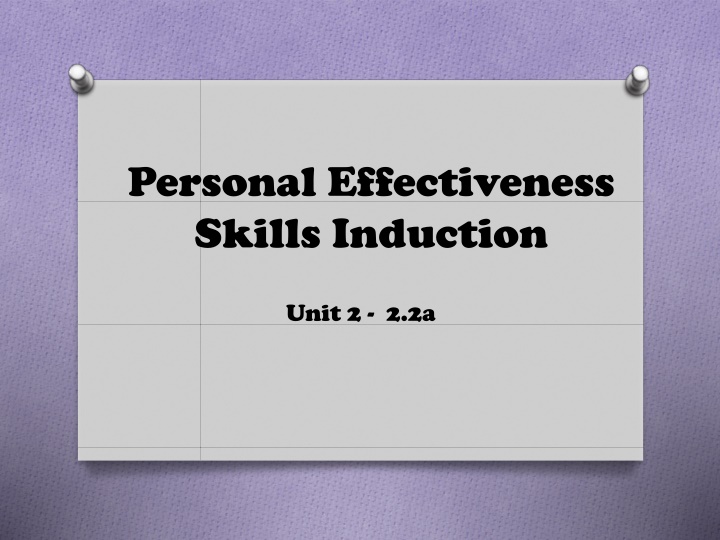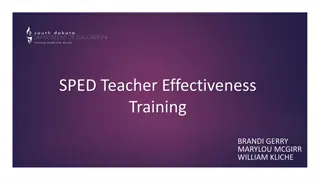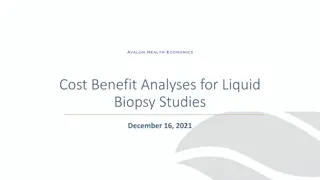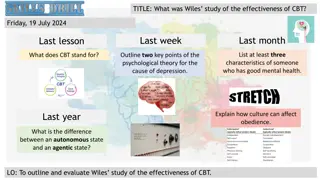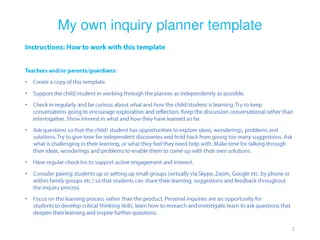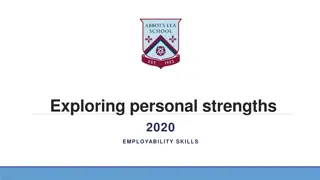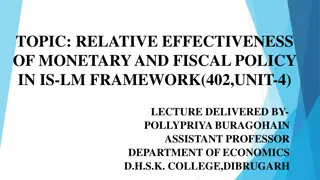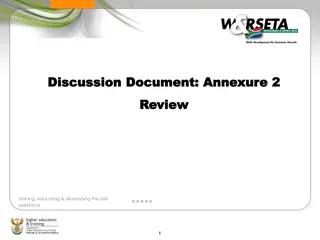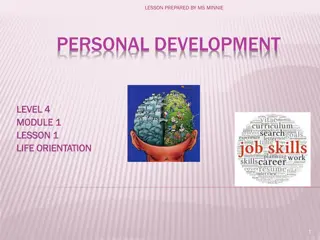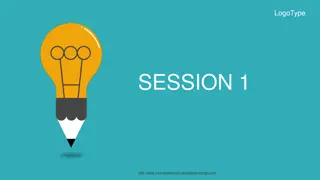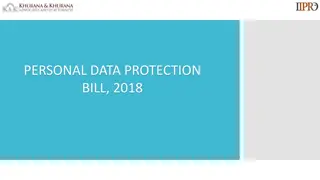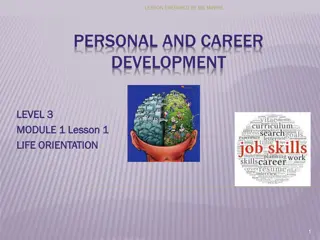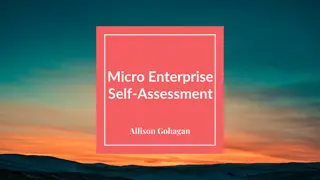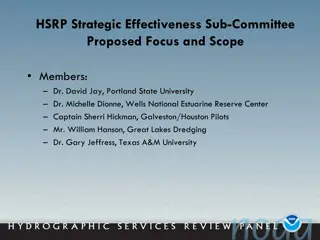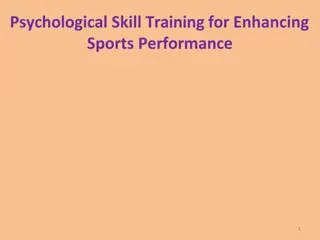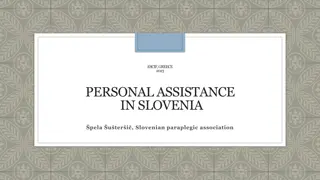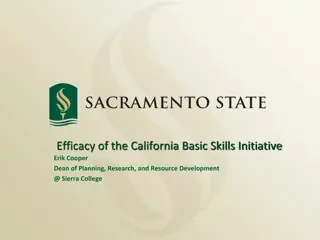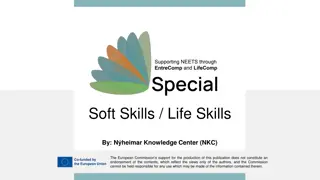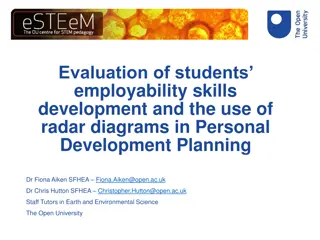Enhancing Personal Effectiveness Skills
Today's session focuses on the correlation between thoughts, emotions, and behaviors, exploring self-talk, the ABC model, and ways to improve self-talk for better outcomes. Participants engage in activities to understand and optimize their mindset.
Download Presentation

Please find below an Image/Link to download the presentation.
The content on the website is provided AS IS for your information and personal use only. It may not be sold, licensed, or shared on other websites without obtaining consent from the author.If you encounter any issues during the download, it is possible that the publisher has removed the file from their server.
You are allowed to download the files provided on this website for personal or commercial use, subject to the condition that they are used lawfully. All files are the property of their respective owners.
The content on the website is provided AS IS for your information and personal use only. It may not be sold, licensed, or shared on other websites without obtaining consent from the author.
E N D
Presentation Transcript
Personal Effectiveness Skills Induction Unit 2 - 2.2a
Todays Session We will look at the way we think about everyday events. We will look at the impact of self-talk. We will look at optimism v pessimism and changing your mind set.
You feel the way you think! Desirable Emotions Jake feels let down with his efforts. Rational Thoughts Jake tells himself that he could have done better, but did not do enough revision. Desirable Behaviour Jake decides to put more effort into his revision. A Activating Event Jake gets a low mark in his mock exam. B Beliefs (about A) C Consequences (of B) Undesirable Behaviour Jake decides to leave college. Irrational Thoughts Jake tells himself that he should have done well, but this failure means he will now fail all his final exams. Undesirable Emotions Jake feels that he must be awful at his subjects.
The ABC model In small groups you are going to be given a scenario card. Your task is to consider the irrational and rational thoughts and behaviours that an individual might experience in that situation.
Self-talk Self-talk (What you say to yourself) Stimulates Stimulates R Reinforces einforces Real Performance (How you behave naturally) Self-image (How you know you are) C Controls ontrols
Unhelpful self-talk Dramatise Dramatise blow things out of proportion Generalise Generalise assume it s always the case Personalise Personalise blame yourself all the time Criticise Criticise give yourself (or others) a hard time
Ways to improve your self-talk If you make mistakes say That s not like me. The next time I will me. The next time I will Instead of saying I can t say I m learning to to Accept compliments with Thanks Internally dwell on your successes dwell on your successes rather than your failures. See ourselves as others see us See ourselves as others see us. That s not like I m learning Thanks .
Envelope task Split into groups of 4/5. Write your name on an envelope. Each of you in the group needs to write a positive characteristic for each member of the group on a separate card. Place the characteristic in the appropriate envelope.
Envelope task How easy was it to find your envelope? Do you agree with what people have written about you? Does this match the way you see yourself? How can you use this to increase your positive self-talk?
Optimism v Pessimism A pessimist sees the difficulty in every opportunity; an optimist sees the opportunity in every difficulty. Winston Churchill Most of the shadows of this life are caused by standing in one s own sunshine. Ralph Waldo Emerson Between the optimist and the pessimist, the difference is droll, the optimist sees the doughnut and the pessimist sees the hole. -Oscar Wilde, Playwright, author
Gaining the right Mind-set Another way of considering optimism & pessimism is to consider two different types of mind-set. The view you adopt for yourself can really affect the way you lead your life. You have the power to determine whether you become the person you want to be and whether you accomplish the things you value.
Which mind-set are you? Answer these questions about intelligence. Read each statement and decide whether you mostly agree with it or disagree with it. Your intelligence is something very basic about you that you can't change very much. You can learn new things, but you can't really change how intelligent you are. No matter how much intelligence you have, you can always change it quite a bit. You can always substantially change how intelligent you are.
Which mind-set are you? Look at these statements about personality and character and decide whether you mostly agreed on mostly disagree with each one. You are a certain kind of person, and there is not much that can be done to really change that. No matter what kind of person you are, you can always change substantially. You can do things differently, but the important parts of who you are can't really be changed. You can always change basic things about the kind of person you are.
Mind-sets In a fixed mind-set, people believe their basic qualities, like their intelligence or talent, are simply fixed traits. They also believe that talent alone creates success without effort. In a growth mind set, people believe that their most basic abilities can be developed through dedication and hard work brains and talent are just the starting point.
